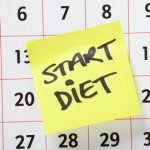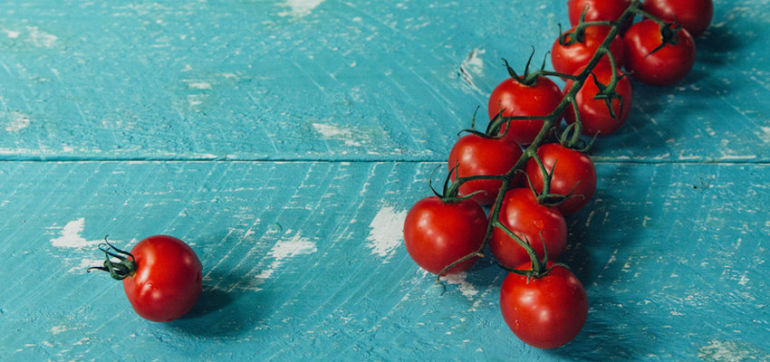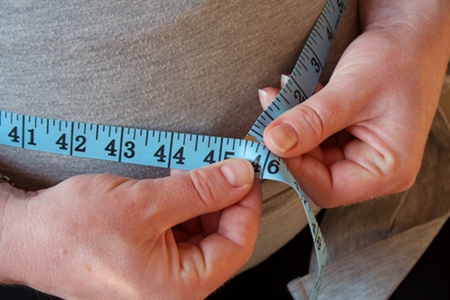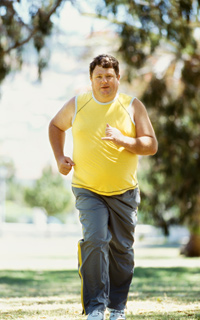Healthy gallbladder diet: Foods to eat and avoid for gallbladder problems
 Following a gallbladder diet can help keep it healthy along with reducing the risk of painful gallbladder stones and the complications they can bring. The role of the gallbladder is to collect and store bile, which is used for proper fat digestion. Although the gallbladder does have an important function, it is not absolutely necessary to be present in the body, and that is why you have often heard of gallbladder removal.
Following a gallbladder diet can help keep it healthy along with reducing the risk of painful gallbladder stones and the complications they can bring. The role of the gallbladder is to collect and store bile, which is used for proper fat digestion. Although the gallbladder does have an important function, it is not absolutely necessary to be present in the body, and that is why you have often heard of gallbladder removal.
When gallbladder problems develop, that is when the probability of its removal arises. Therefore, in order to prevent gallbladder removal, it’s important to keep it healthy, and the best way to do so is through a gallbladder diet.
Diet for gallbladder problems
Eating for your gallbladder isn’t as complicated as you may think, as many of the healthy foods you should be consuming on the regular basis also help to improve your gallbladder health. Therefore, whether you’re eating for your heart, liver, or digestion, those diets often have a double-benefit as they aid in a healthy gallbladder, too.
Healthy foods to incorporate into your gallbladder diet include fresh fruits and vegetables, whole grains, lean meats, fish and poultry, low-fat dairy foods, and moderate amounts of alcoholic and caffeinated beverages, as some studies have shown they help reduce the risk of gallstones.
On the other hand, there are foods that work against the gallbladder. These are refined carbohydrates, sweeteners, sweetened beverages, frozen or canned fruits and vegetables, white flour products, processed snacks, and high-fat foods. Another risk factor is a low-calorie diet – a diet below 1,000 calories increases the risk of gallstones.
By sticking to this diet not only can you ensure you have a healthy gallbladder, but you will find your overall health improving, too.
Post gallbladder removal diet
 If you have undergone the removal of your gallbladder, a special diet must be followed post-surgery to ensure you heal properly and avoid complications. Immediately after surgery, it’s best that you stick with a liquid diet and slowly incorporate soft foods like oatmeal, mashed potatoes, soup, and applesauce. Eventually, you can work your way back to your normal healthy diet.
If you have undergone the removal of your gallbladder, a special diet must be followed post-surgery to ensure you heal properly and avoid complications. Immediately after surgery, it’s best that you stick with a liquid diet and slowly incorporate soft foods like oatmeal, mashed potatoes, soup, and applesauce. Eventually, you can work your way back to your normal healthy diet.
Post-surgery, as well, you should avoid fried food, alcohol, peanut butter, red meat, greasy food, raw vegetables, and caffeine. These foods make your body work much harder and can delay recovery.
Foods that trigger gallbladder symptoms
Symptoms of a gallbladder problem include nausea, vomiting, pain under the ribs, and poor digestion after meals.
Much of the foods on the “what to avoid” side of the gallbladder diet are the same ones that can lead to gallbladder symptoms. This includes junk food, high-fat dairy products, peppers, condiments, and fatty meats.
If you experience symptoms or have a known gallbladder problem, it is especially important that you avoid these foods as much as possible.
Gallbladder diet during pregnancy
Pregnant women are susceptible to gallstones as estrogen levels rise. In order to reduce your risk, it’s important to stick with a gallbladder-specific diet.
The first important note to consider when embarking on a gallbladder diet is to reducing fat intake. Fat not only contributes to gallstones, but it can worsen symptoms of gallbladder problems.
You will then want to increase your fiber intake through fruits, vegetables, and whole grains.
Lastly, stay hydrated and consume whole foods. Staying hydrated aids in the breakdown of fiber and helps transport nutrients to the fetus. Sticking with unprocessed foods is also beneficial for you, your gallbladder, and your baby, as they provide maximum nutrition.
Gallstones risk increases with high BMI, rapid weight loss
Gallstone risk can increase with a high body mass index (BMI) and with rapid weight loss. Gallstones form in the gallbladder, an organ that aids with digestion by storing bile and secreting it into the small intestine in order to break down food. Continue reading…
-
Healthy Eating Diet Advice - Avoid Temptation
Do you find yourself always giving in to temptation? Here is some k
-
Returning up with a Healthy Weight Loss Diet by Knowing the Best Sources of Protein and Carbohydrates
One among the most important things you
-
5 Tips to Lose That Fat
Tips to lose that fat from your diet. Here are some fat losing tips
-
Strip That Fat immediately and eradicate all of your flab
There’s a diet program offered online that’s becoming very
-
5 Ways to Lose Weight Faster
Here are five easy ways
-
Online Weight Control Programs: Do They Work?
There are some advantages as to why you should consider online weig
- DON'T MISS
- Dr. Dion Presents: The Healing Power Of Love
- 2 Unique Fruits for an Ultimate Weight reduction
- Is Workout Needed For Fast Weight Loss?
- Is Your Busy Life Making You Fat?
- Can Hoodia Help You Lose Weight
- The Healthy Weight Loss Diet - Eat Right To Look Right
- Battling finances a barrier to battling the bulge, study says
- Do You Know These Tricks To Help Conquer Food Cravings
- Choosing The Right Weight Loss Pill
- Weight Loss Myth? Skipping Meals is a Good Way to Lose Weight




